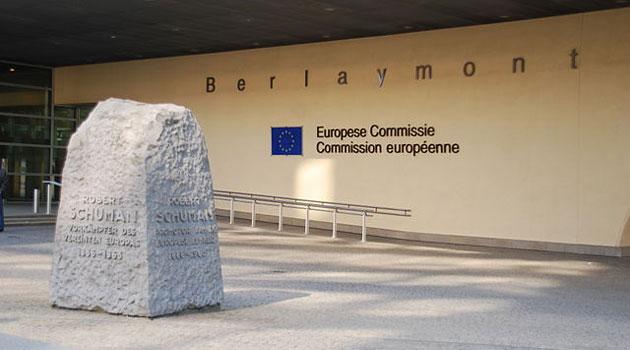European Commission reports Roma six times more likely to be poor in the Czech Republic than non-Roma

The European Commission has published an analysis of the economic situation in the EU Member States, finding that while the Czech Republic is assessed relatively favorably from the perspective of economic indicators, there are several structural problems limiting the country’s potential. Those problems are, for example, education, employment, and the social situation of some disadvantaged population groups.
While the report recalls that unemployment in the Czech Republic last year was the lowest in the EU (4 %), it notices the insufficient representation of some groups on the labor market, especially members of the Romani community, persons with low qualifications, women with young children, or workers living with disabilities. “The participation of workers with low qualifications on the labor market is prevented by the demotivating taxation of persons with low incomes and the restricted employment capacity of the public services as far as active support goes,” the report says.
The Czech Republic enjoys very good results from a general perspective, including in the area of poverty and social exclusion, with some of the lowest rates of those phenomena in the EU, according to the report. On the other hand, members of the Romani community in particular and persons living with disabilities are at much more risk of poverty than others given their insufficient participation on the labor market – in the case of Romani people, they are as much as six times more at risk.
The report also discusses the growing risk of homelessness for low-income groups in the population, given that there is no framework for providing high-quality social services and also a lack of affordable, good-quality housing. It reminds readers that “the number of socially excluded localities inhabited primarily by Romani people recently almost doubled and the number of their inhabitant grew by one-third between 2005 and 2016.”
Education is also discussed, and the Czech Republic is criticized for the significant differences of achievement by pupils from different socioeconomic backgrounds, one of the biggest such differences in the EU. There is also a disproportion between the majority population and Romani people in early drop-out from education.
While the overall level of drop-out in the Czech Republic is among the lowest in the EU, the estimated rate at which Romani children drop out there is considered especially grave. Last but not least, the report warns of the still-low levels of inclusion of Romani children into the mainstream education system, despite recent reform efforts by the Czech state, which have not yet contributed any significant improvements.
Analyses of EU Member States’ economic situations are a component of the annual cycle of coordinating economic and fiscal policy among the Member States known as the European Semester. Within that framework, the European Commission, on the basis of current materials and after receiving all of the Member States’ plans, submits during the spring its concrete recommendations for the adjustments and reforms each state should undertake to improve economic performance.
